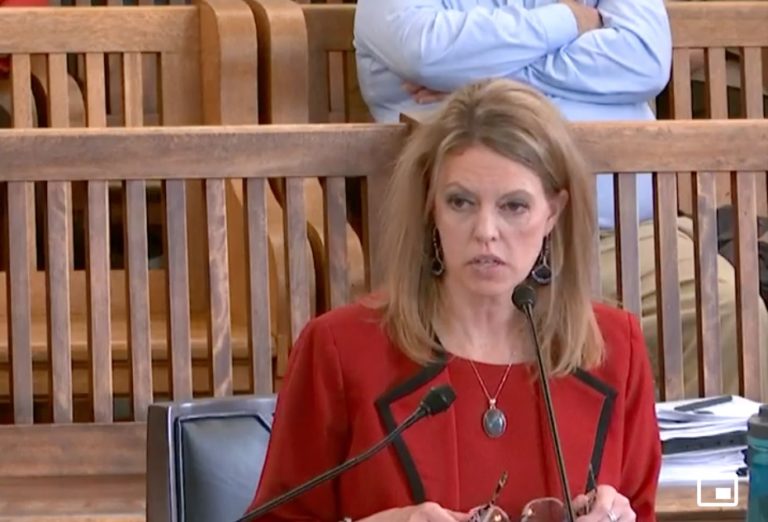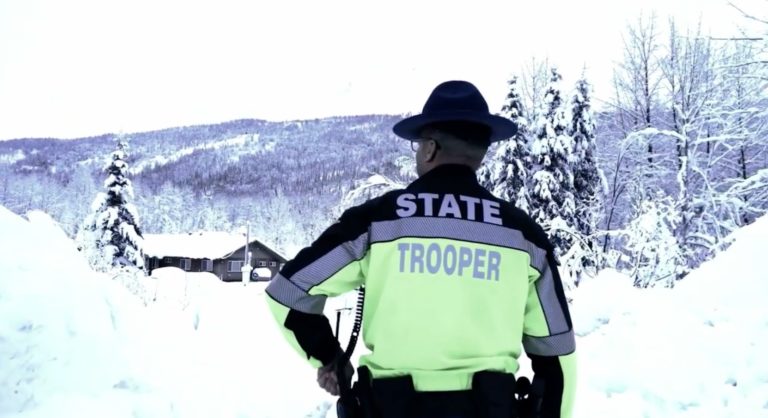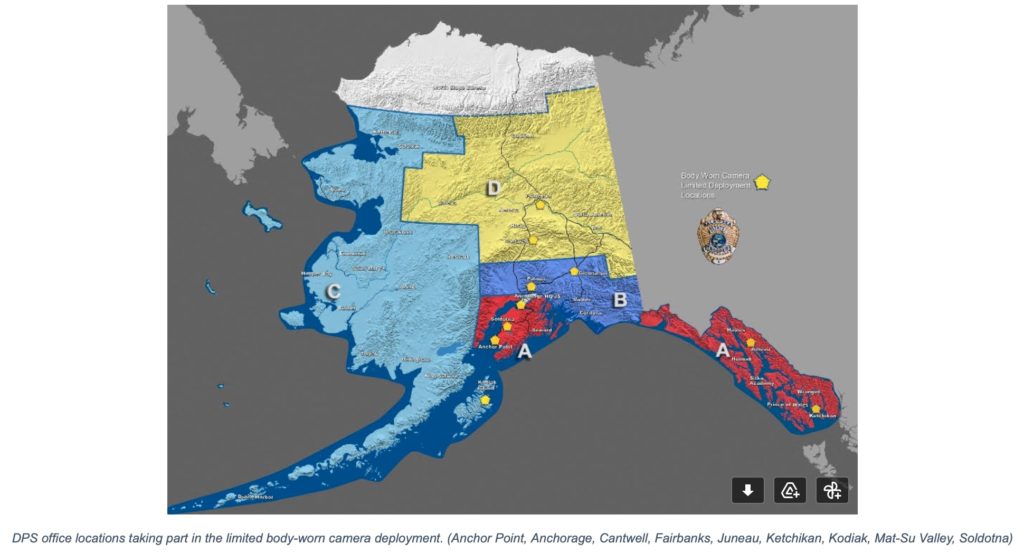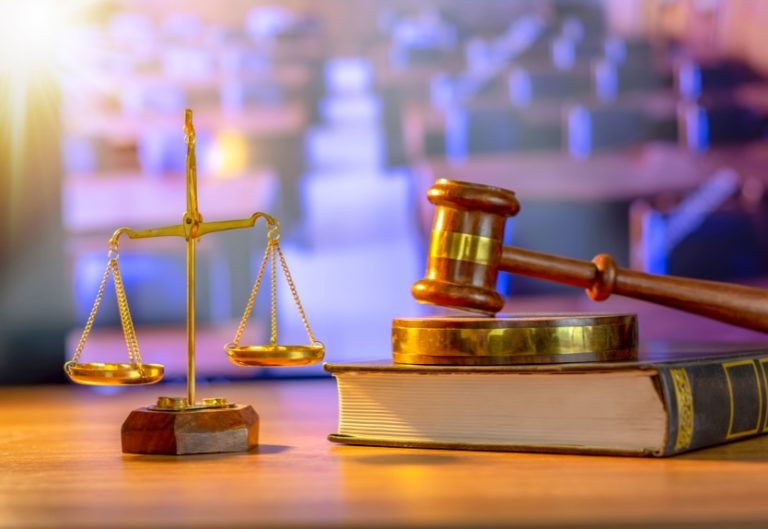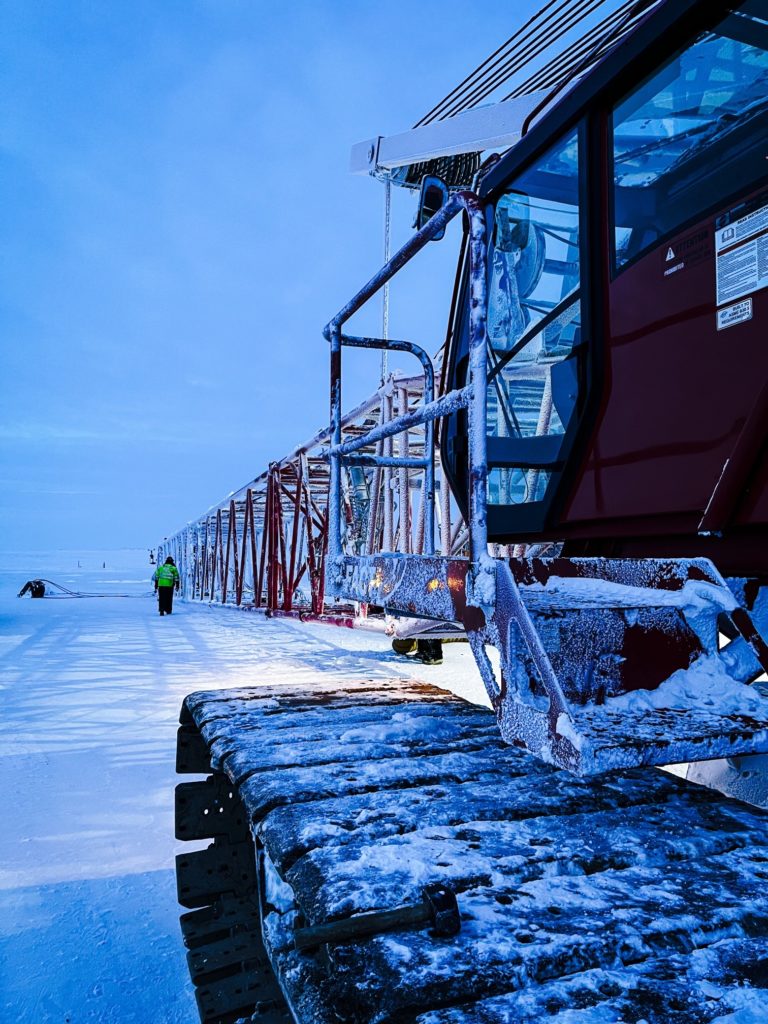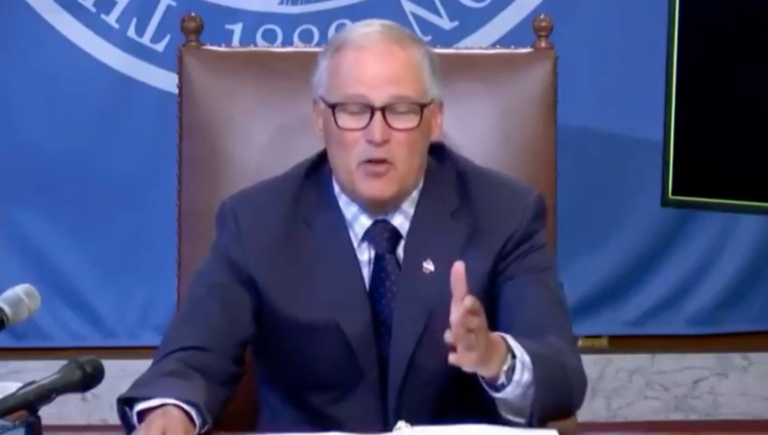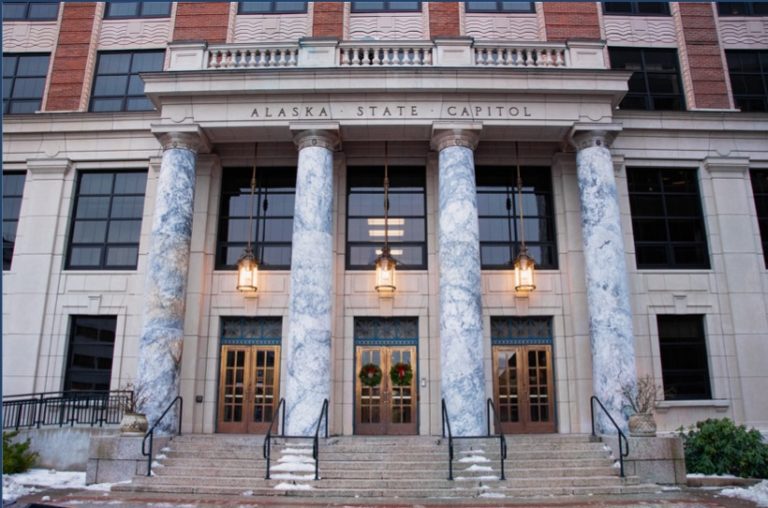Senate Bill 114 would mean a 76% tax increase on oil production in Alaska, according to the State Department of Revenue.
In bill sponsor Sen. Bill Wielechowski’s world, this is what is known as a “tweak.”
Kara Moriarty, speaking on behalf of the Alaska Oil and Gas Association, reminded the committee that oil and gas industry contributes more to the economy than any other industry in the state, according to McKinley Research Group, which concluded that the oil and gas industry accounts for 24% of the jobs in the state. For every one job that is a direct oil and gas job, there are 15 that are created indirectly through indirect payments or tax payments.
“Increasing taxes result in a higher net cost to oil and gas companies,” Moriarty said, and this means companies have less to invest. Less to invest will lead to impacts in Cook Inlet and the North Slope.
She also reminded the senators that SB 21, which passed in 2013 and was ratified by voters even after Democrats were able to get a repeal initiative on the ballot, has helped stabilize production, and that actual oil production in Alaska has beat forecasts for the past 10 years.
Critics note that SB 114 has not been subjected to current economic modeling, and its authors are ignoring how much the world has changed in the past 10 year, including how difficult and costly it is to get projects financed and approved. SB 114 is one more disincentive to companies who may want to invest in Alaska.
The bill has also not been analyzed fully by tax experts and is being rushed through the Senate. SB 114 is a hugely complicated bill that runs 42 pages long with sections such as:
Notwithstanding AS 43.55.020, a person subject to tax under AS 43.55.011(e), (f), 25 and (o); 43.55.020(a), (e), (g), (h), (j), and (l); 43.55.024(c), (e), (i), and (j); 43.55.030(e) and 26 (f); 43.55.040; 43.55.075(b); 43.55.160(a), (e), (f), (g), and (h); 43.55.165(a), (b), (e), (g), (h), 27 (l), (m), (n), (o), and (r); 43.55.170(a) and (b); 43.55.180(a); 43.55.890; and 43.55.895(b), as 28 amended by secs. 2 - 4, 6 - 15, 17 - 25, and 27 - 41 of this Act, and 43.55.011(q); 29 43.55.024(k); and 43.55.160(i), added by secs. 5, 16, and 26 of this Act, shall pay the balance 30 of the tax due before January 1, 2024, by January 1, 2024. Until January 1, 2024, the 31 Department of Revenue shall waive interest that would otherwise accrue under AS 43.05.225 01 and civil and criminal penalties accruing under AS 43.05.220, 43.05.245, and 43.05.290 that 02 are a result of the retroactivity of this Act.
It’s nearly certain that most legislators will not able to read it or comprehend the unintended consequences of SB 114 fully, as this year’s Legislature is represented by many new lawmakers — three new senators and 17 new representatives, for a total of one third of the entire Legislature being freshmen.
The entire bill is at this link.
Testimony continues later this week in Senate Finance, including at 1:30 pm on Thursday, and 9 am on Friday.
